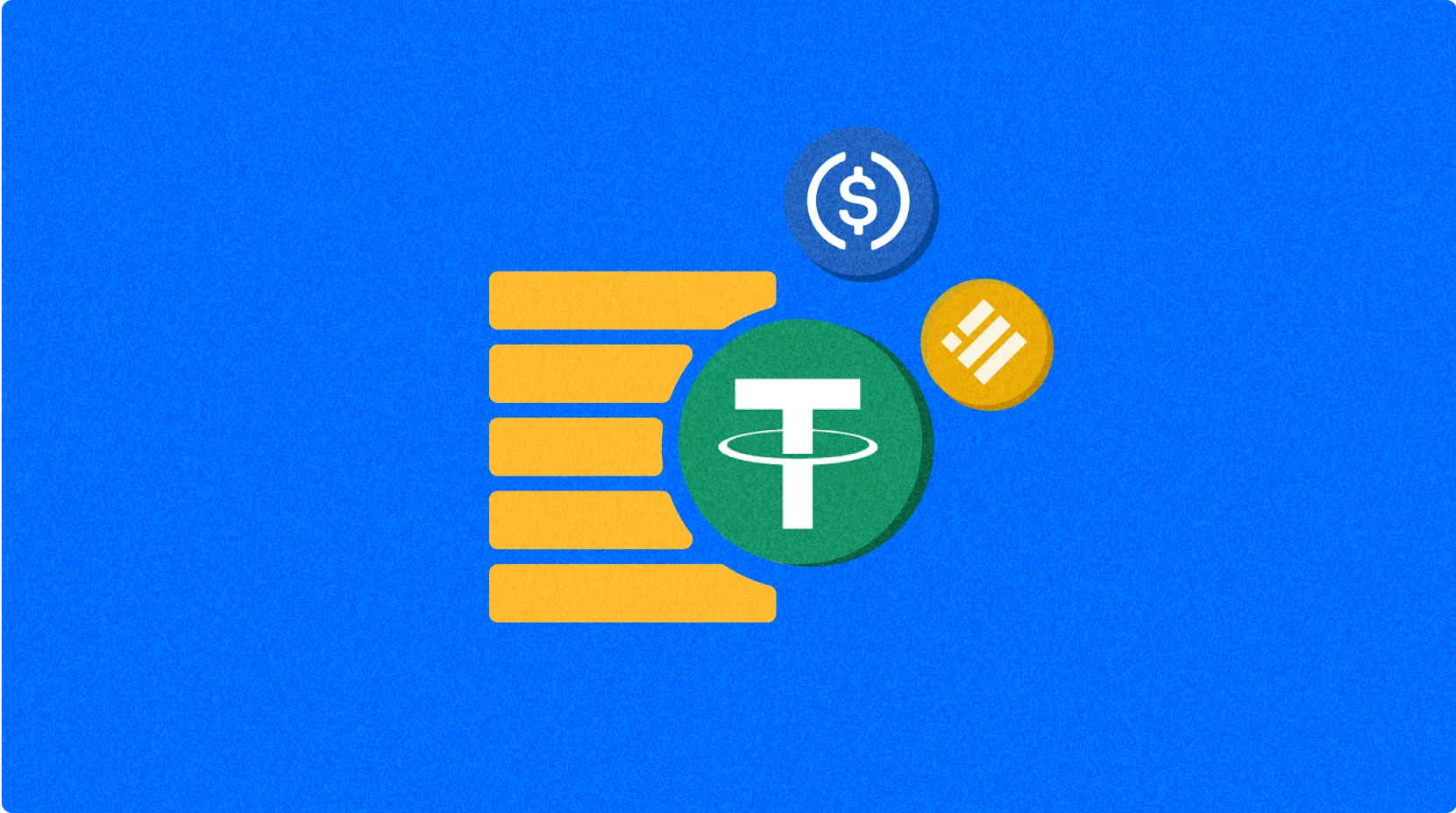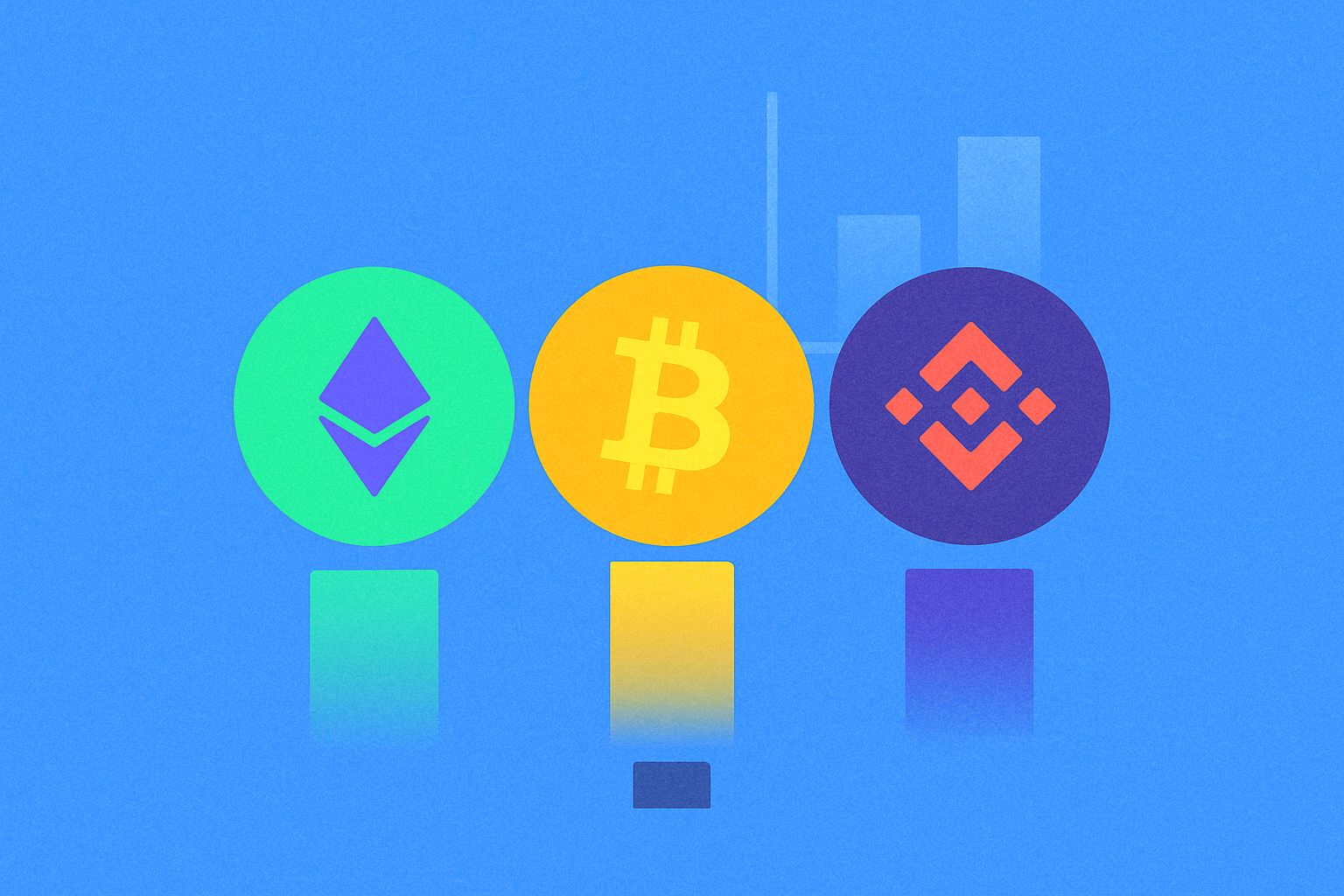Unibase, ilk ERC-8004 ajan kimliği + x402 ödeme katmanı olduğunu iddia ediyor.


Web3 Kimliğini Değiştirmek: Unibase, ERC-8004 Proxy ID'yi Öncülük Ediyor
Web3 alanı, Unibase tarafından öncülüğü yapılan ERC-8004 ajan kimlik protokolünün uygulanmasıyla önemli bir dönüşüm geçirmiştir. Bu çığır açan standardı tam olarak entegre eden ilk platform olarak Unibase, merkeziyetsiz kimlik yeniliğinin ön saflarında yer almaktadır. ERC-8004, her AI ajanına kimliğin doğrulanabilir kanıtı olarak bir ERC-721 token'ı verildiği kapsamlı bir kimlik kaydı oluşturur ve otonom ajan ekonomisi için bir güven temeli kurar. Bu uygulama, blockchain alanındaki en kalıcı zorluklardan birini ele alır: merkezi denetim olmadan çalışabilen güvenilir ve şeffaf bir kimlik sistemi oluşturmak.BNB ZinciriBu, Unibase'in güvenliği korurken birlikte çalışabilirliği artıran çapraz zincir çözümleri geliştirmeye olan bağlılığını göstermektedir. Geliştiriciler ve Web3 meraklıları için bu, otonom ajanların standart protokoller aracılığıyla birbirlerini keşfedip etkileşimde bulunabilecekleri bir dönüm noktasıdır; bu da daha önce benimsemeyi engelleyen sürtünme noktalarını ortadan kaldırmaktadır. Gelecek nesil blok zinciri uygulamalarına ilgi duyan Gate kullanıcıları, Unibase'in uygulamasını özellikle değerli bulacaklardır, çünkü bu, ajanlar arasındaki etkileşimler için net kimlik parametreleri belirlemekte ve daha karmaşık merkeziyetsiz uygulamalar ve hizmetler için bir temel oluşturmaktadır.
x402'nin gücünü açığa çıkarın: acenteler için sorunsuz ödeme entegrasyonu sağlıyor.
Unibase'in x402 ödeme katmanı entegrasyonu, otonom ajans ekonomisinde bir sıçramayı temsil ediyor ve BNB zincirinde sorunsuz ve gaz ücreti olmadan işlem yapma olanağı sağlıyor. İlk x402 aracısı olarak Unibase, AI ajanlarının insan müdahalesi olmadan otonom olarak arama yapabilmesini, satın alma gerçekleştirebilmesini ve ödeme yapabilmesini sağlayan bir altyapı oluşturdu. Bu atılım, AI sistemleri için ödeme işlemlerindeki önemli bir zorluğu ele alarak, tam hesap verebilirlik sağlarken doğrulanabilir işlemlere olanak tanıyor. x402 standardı, çeşitli blockchain ekosistemlerini bir araya getirerek, birden fazla kullanım durumu için uygun bir birleşik ödeme protokolü sunuyor.kripto parax402 standardına dayalı ödeme altyapısı, makineden makineye ve makineden insana işlemlerde eşsiz bir verimlilik sağlar. Bu ödeme katmanını ERC-8004 kimliği ile birleştirerek, Unibase tam bir ajan otonom ekosistemi oluşturmuştur. Geleneksel ödeme yöntemleri ile x402 sistemi karşılaştırıldığında, bu entegrasyonun teknolojik avantajları belirgin hale gelmektedir:
| Fonksiyon | Geleneksel ödeme sistemleri | Unibase x402 Ödeme Katmanı |
|---|---|---|
| Gaz ücretleri | Ticaret için gereklidir | Gaz ücreti ödemesini etkinleştir |
| İşlem doğrulama | Merkezi İşlemci | Zincir üzeri doğrulama |
| Kendi kendine işletme | İnsan girişi olmadan sınırlı | Tamamen otonom yetenek |
| Uyum | Manuel rapor talebi | Otomatik makbuz oluşturma |
| Depolama | Merkezi Veri Tabanı | Değiştirilemez BNB Greenfield Depolama |
Bu devrim niteliğindeki ödeme çerçevesi, kimlik ve işlem yetenekleri arasında eksik olan bağlantıyı sağlamakta, blockchain geliştiricilerine ve fintech profesyonellerine, sonraki nesil merkeziyetsiz uygulamaları inşa etmek için kapsamlı bir araç seti sunmaktadır.
ERC-8004: Güvenilir Olmayan Proxy Ekonomileri İçin Bir Oyun Değiştirici
ERC-8004 DeleGated Identification Protocol, merkeziyetsiz ortamlarda otonom sistemler için güven tesisinde bir paradigma değişimini temsil etmektedir. x402, ödeme mekanizması sorununu ele alırken, ERC-8004, ajan ekonomisindeki temel güven sorunlarını ele almaktadır. Bu standart, itibar, kimlik ve yetenek keşfinin blok zinciri ekosisteminin yerel özellikleri haline geldiği kapsamlı bir çerçeve oluşturur. ERC-8004'ü uygulayarak, Unibase blok zinciri yeniliği, farklı sağlayıcılardan gelen çoklu itibar puanlarını mümkün kılar, böylece çeşitli bağlamlarda ajan güvenilirliğinin daha ayrıntılı bir anlayışını oluşturur. Bu merkeziyetsiz kimlik çözümü, merkezi doğrulama otoritelerine dayanan geleneksel modellerden köklü bir şekilde farklıdır. Standart, belirli kullanım durumlarına dayalı esnek güven düzenlemelerine olanak tanıyan, takılabilir doğrulama yetenekleri ile akıllı sözleşmeler aracılığıyla net bir hakemlik mekanizması kurar. Kripto para yatırımcıları için, bu, otonom ajanlar tarafından işletilen daha sofistike finansal araçları destekleyen altyapı gelişiminde önemli bir ilerlemeyi temsil etmektedir. Teknolojik mimari, gaz maliyet verimliliği ve zincir üstü kullanılabilirlik arasında optimal bir dengeyi sağlarken, özelleştirilebilir doğrulama mekanizmaları ile eşler arası saklama borsalarına olanak tanır. Yenilikçi blok zinciri projeleri arayan Gate yatırımcıları, bu merkeziyetsiz ajan protokollerinin, insan gözetimi ile minimum düzeyde çalışan yeni piyasa mekanizmaları oluşturmadaki dönüştürücü potansiyelini tanıyacaktır.
Unibase'in vizyonu: Merkeziyetsiz kimlik ve ödemelerin geleceğini şekillendirmek.
Unibase'in ERC-8004 proxy tanımlaması ile x402 ödeme katmanının stratejik entegrasyonu, otonom bir proxy ekosistemine yönelik kapsamlı bir yaklaşımı temsil ediyor. Vizyonları, mevcut uygulamaların ötesine geçerek, kimlik ile işlem yetenekleri arasında bağlayıcı bir bağlantı işlevi gören bütünsel bir merkeziyetsiz bellek katmanı yaratmaya odaklanıyor. Platformun benzersiz katkısı, AI ajanlarının ödeme, bellek ve tüm zincir içi etkileşimlerin doğrulanmasında yardımcı olma yeteneğidir; bu, ajan faaliyetlerinin değişmez bir kaydını oluşturarak gerçekleşir. Bu atılım, ajanların bağımsız olarak faaliyet gösterebildiği ve hesap verebilirliği koruyabildiği gerçekten otonom bir ekonominin ortaya çıkmasını teşvik eder. Unibase'in merkeziyetsiz bir bellek sistemi geliştirmesi, ajan etkileşimlerinde sürekli ve erişilebilir kayıtlara yönelik kritik bir ihtiyacı karşılar. Unibase bellek katmanı, ajan otonomisini ölçeklendirme açısından pratik olarak mümkün kılan önemli bir bileşendir. BNB Chain üzerindeki uygulamaları, bu Web3 kimlik çözümlerinin zincirler arası potansiyelini gösteriyor ve gelecekte daha fazla blockchain ekosistemine genişlemeye işaret ediyor. Blockchain geliştiricileri ve bu alandaki yenilikleri takip eden Web3 meraklıları için, Unibase'in ERC-8004 ve x402 standartlarına dayalı zincir içi ajanlar için hızlı dağıtım yetenekleri, büyük ölçekli ajan ağları yaratma konusunda eşi benzeri görülmemiş fırsatlar sunuyor. Veriler, kimlik ve ödeme yeteneklerini birleştirerek Unibase'in otonom ajan operasyonları için eksiksiz bir çerçeve oluşturduğunu doğruluyor; bu, Web3 alanında merkeziyetsiz uygulamaların ve hizmetlerin anlayışımızı devrim niteliğinde değiştirmesi bekleniyor.

KITE Token Lansmanı: AI Payment Blockchain, Otonom Ajan Ekonomisinin Temelini Oluşturacak

x402, AP2 ve ERC-8004: Yapay Zeka Ajanı Ödemelerini Güçlendiren Stack

SIX Token (SIX): Temel Mantık, Kullanım Durumları ve 2025 Yol Haritası Analizi

2025 Kripto Varlıklar Pazar Analizi: Web3 Gelişimi ve Blok Zinciri Trendleri

Infinity Ground: Devrim Niteliğinde AI Destekli Platform, Blok Zinciri Uygulama Geliştirmeyi Yeniden Şekillendiriyor

GoPlus Security (GPS): Blok Zinciri Koruması için Temel Mantık ve Kullanım Durumlarını Analiz Etme

Kripto Para Rakiplerini Karşılaştırmak: Piyasa Değeri, Performans ve Kullanıcı Payı Analizi için Kapsamlı Rehber







